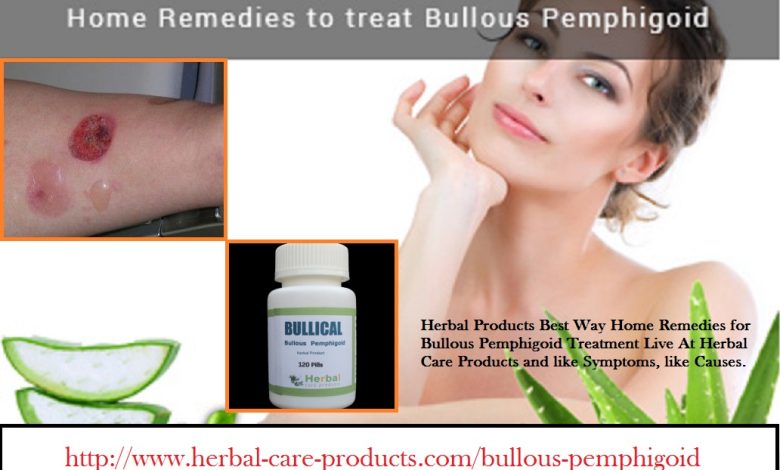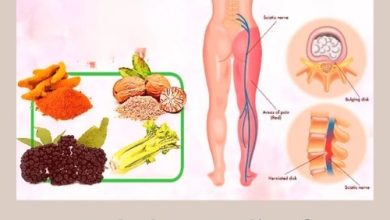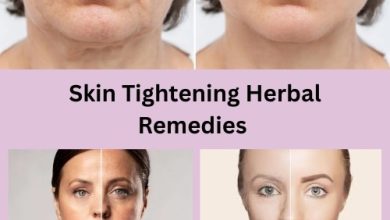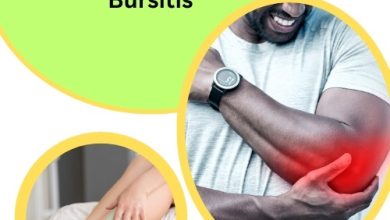Top 5 Supplements for Bullous Pemphigoid: A Comprehensive Guide to Healing Blisters and Painful Sores

As someone who has experienced the pain and discomfort of bullous pemphigoid, I understand how challenging it can be to find an effective treatment. While traditional treatments like steroids and immunosuppressants can be helpful, they often come with a host of side effects. That’s why I turned to natural supplements to help manage my symptoms. I’ll share what I’ve learned about the top 5 supplements for bullous pemphigoid.
Understanding Bullous Pemphigoid
Bullous pemphigoid is an autoimmune disorder that causes painful blisters and sores to form on the skin and mucous membranes. The condition is caused by an overactive immune system that mistakenly attacks healthy tissue. Bullous pemphigoid is most common in older adults, and it can be a chronic condition that requires ongoing treatment.
The symptoms of bullous pemphigoid can vary, but they often include large, fluid-filled blisters that form on the legs, arms, abdomen, and other areas of the body. The blisters can be itchy and painful, and they can take several weeks to heal. In severe cases, bullous pemphigoid can cause scarring and other complications.
Traditional Treatments for Bullous Pemphigoid
The most common treatments for bullous pemphigoid are steroids and immunosuppressants. Steroids, such as prednisone, can help reduce inflammation and suppress the immune system. However, steroids can also cause a range of side effects, including weight gain, mood changes, and increased risk of infection.
Immunosuppressants, such as methotrexate and azathioprine, can also help manage symptoms by suppressing the immune system. However, these drugs can also cause side effects, including nausea, vomiting, and increased risk of infection. In some cases, these medications may not be effective in managing symptoms, or they may be contraindicated due to other health conditions.
The Benefits of Natural Supplements for Bullous Pemphigoid
Natural supplements can offer a range of benefits for people with bullous pemphigoid. Unlike traditional treatments, supplements are often well-tolerated and come with few side effects. Many supplements also have anti-inflammatory and immune-modulating properties, which can help manage symptoms of bullous pemphigoid.
Another benefit of natural supplements is that they can be used in conjunction with traditional treatments. This can help reduce the dosage of steroids or immunosuppressants needed to manage symptoms, which can help reduce the risk of side effects.
Top 5 Supplements for Bullous Pemphigoid – A Detailed Overview
- Curcumin – Curcumin is a compound found in turmeric, a spice commonly used in Indian cuisine. Curcumin has anti-inflammatory and antioxidant properties, making it a popular supplement for managing a range of conditions, including bullous pemphigoid. Studies have shown that curcumin can help reduce inflammation and blister formation in people with bullous pemphigoid.
- Omega-3 fatty acids – Omega-3 fatty acids are essential fatty acids found in fish oil and other sources. Omega-3s have anti-inflammatory properties and can help reduce inflammation throughout the body. Studies have shown that omega-3s can help manage symptoms of bullous pemphigoid, including reducing the number and severity of blisters.
- Vitamin D – Vitamin D is an essential nutrient that plays a role in immune system function. Low levels of vitamin D have been linked to autoimmune disorders, including bullous pemphigoid. Supplementing with vitamin D can help regulate immune system function and reduce inflammation.
- Zinc – Zinc is an essential mineral that plays a role in immune system function and wound healing. Studies have shown that people with bullous pemphigoid may have lower levels of zinc in their bodies. Supplementing with zinc can help boost immune system function and support wound healing.
- Probiotics – Probiotics are beneficial bacteria that live in the gut. These bacteria play a role in immune system function and can help reduce inflammation throughout the body. Studies have shown that supplementing with probiotics can help manage symptoms of bullous pemphigoid, including reducing the number and severity of blisters.
Dosage and Usage Guidelines for Supplements
When taking supplements for bullous pemphigoid, it’s important to follow dosage and usage guidelines carefully. Dosages can vary depending on the supplement and the severity of symptoms. It’s also important to talk to a healthcare provider before starting any new supplement regimen, especially if you are taking other medications or have other health conditions.
Potential Side Effects and Interactions with Other Medications
While natural supplements are generally safe, they can cause side effects and interact with other medications. It’s important to talk to a healthcare provider before starting any new supplement regimen, especially if you are taking other medications or have other health conditions. Some supplements can interact with blood-thinning medications, such as warfarin, and can increase the risk of bleeding.
Lifestyle Changes to Complement Supplement Therapy
In addition to taking supplements, there are several lifestyle changes that can help manage symptoms of bullous pemphigoid. These include:
- Avoiding triggers that can cause flare-ups, such as stress, certain medications, and exposure to sunlight
- Eating a healthy diet that is rich in anti-inflammatory foods, such as fruits, vegetables, and whole grains
- Getting regular exercise, which can help reduce inflammation and improve overall health
- Practicing stress-reduction techniques, such as meditation and yoga, which can help reduce stress and inflammation
Where to Buy Supplements for Bullous Pemphigoid
Natural supplements can be purchased at health food stores and online retailers. When purchasing supplements, it’s important to choose a reputable brand that uses high-quality ingredients. Look for supplements that have been independently tested for purity and potency.
Success Stories of Individuals Who Have Used Supplements to Treat Bullous Pemphigoid
Many people with bullous pemphigoid have found relief from their symptoms by using natural supplements. For example, one woman with bullous pemphigoid shared her experience using curcumin supplements on a popular health forum. She reported that her symptoms improved significantly after taking curcumin for several weeks.
Conclusion – Why Natural Supplements Should Be Considered as a Treatment Option for Bullous Pemphigoid
Natural supplements can offer a safe and effective way to manage symptoms of bullous pemphigoid. Unlike traditional treatments, supplements are often well-tolerated and come with few side effects. They can also be used in conjunction with traditional treatments to help reduce the dosage needed to manage symptoms. If you are considering using natural supplements for bullous pemphigoid, be sure to talk to a healthcare provider first to ensure that they are safe and appropriate for your individual needs and health status.
CTA: Talk to your healthcare provider today about incorporating natural supplements into your bullous pemphigoid treatment plan.




